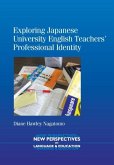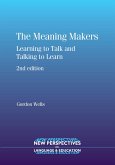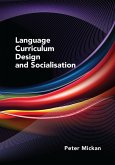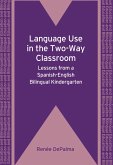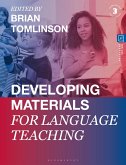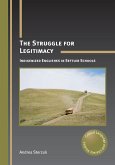This volume documents a sixteen-year longitudinal study of two elementary schools in which Spanish and Japanese foreign language programs were implemented and evaluated. Evaluation of the programs involved documenting children's language development, assessing the attitudes of various constituents, and examining critical issues related to the introduction and successful operation of a well articulated sequential foreign language program in schools. The volume concludes with a discussion of possible reasons why over time certain sequential foreign language programs flourish and grow while other programs are reduced or eliminated from the school's curriculum. Parallels with the theory and practice of environmental sustainable development are used as a framework for this analysis.
Dieser Download kann aus rechtlichen Gründen nur mit Rechnungsadresse in A, D ausgeliefert werden.



